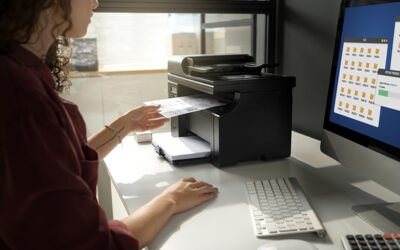
- With changing technology, the equipment used for digitizing should be upgraded every 2- 5 years. A format that was once used to store information will become obsolete with technological advancement. For example, earlier floppy discs were used to store information but now they have virtually become obsolete. Upgrading technology in keeping with moving trends will be expensive and the older technology becomes purposeless.
- Lack of preparation is another challenge for digitizing. Analog objects have to be processed completely before scanning. But often the processing procedure takes too much time, which makes the process of digitizing a never-ending and time-consuming one.
- Funding and manpower is another major challenge for digitizing. Digitization is an expensive project that requires funding. Organizations have to source funds for various purposes such as training the staffs, purchasing advanced state-of-the-art equipment, suitable software and so on.
- Employing the necessary staff for digitizing is challenging. If organizations use existing staff for the digitization project, they may not be able to concentrate on other responsibilities.
A good data conversion company can prove to be an ideal partner in the data and document conversion process. Their experience in the field, presence of data entry and document conversion staff, excellent scanning equipment, efficient document management system and other features would ensure a smooth and effortless digitization process. They typically offer reasonably priced services and ensure that all data and documents entrusted with them stay confidential and in perfect shape.
Future of Digitization
Digitization safeguards audio-visual materials and converts them into machine-readable format to prevent them from deterioration. The digital paradigm shift is growing and there is no return to the analog world. Digital collections can be easily stored and moved. Heritage materials are digitized to protect and preserve them. Sometimes, despite potential damage some materials that are heavily used are digitized because of the prospect of preserving the original copy for many more years past what its life would have been.



